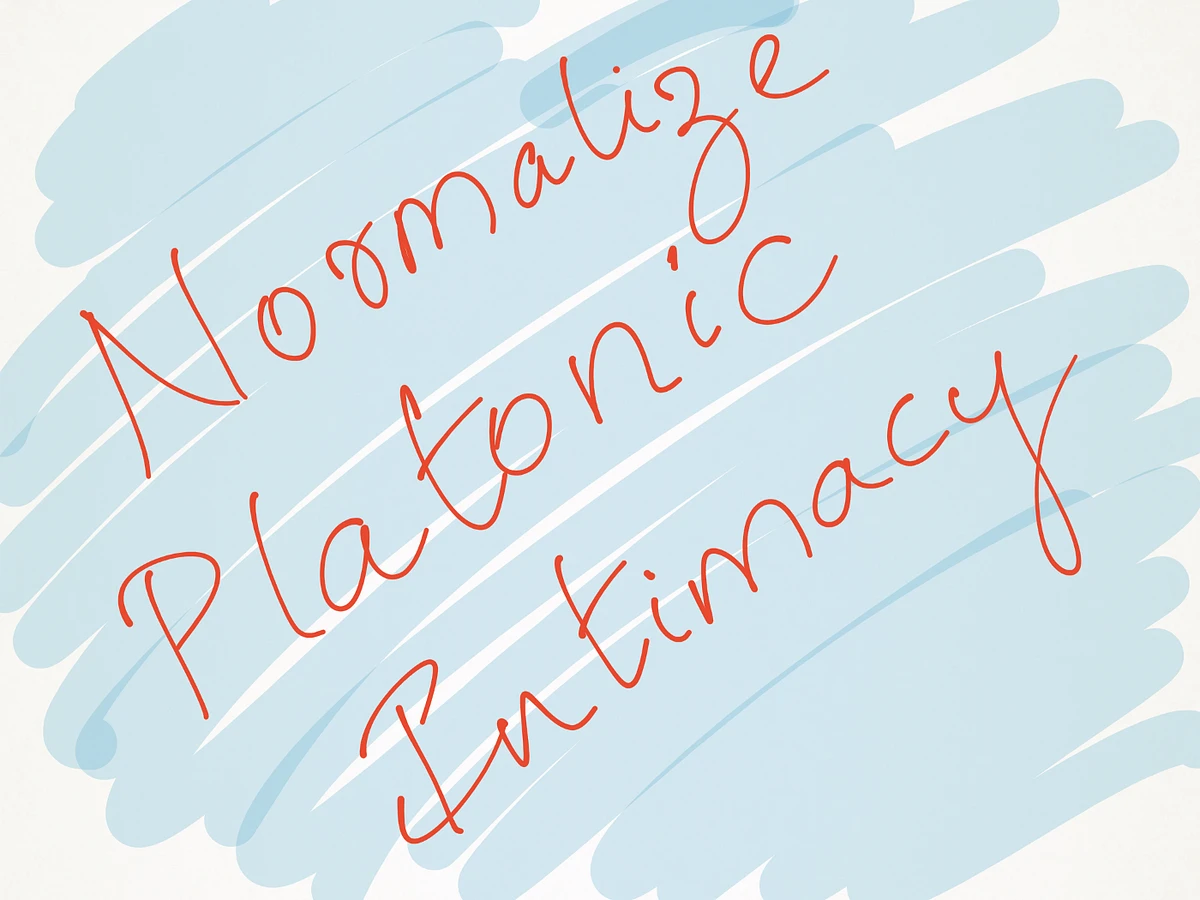By: Anastacia Lee, MPH, Office of Health Promotion
Words of Affirmation, Quality Time, Receiving Gifts, Acts of Service, and Physical Touch. Many of us have heard about or read about the five love languages and have dissected how they apply to our own romantic partnerships. However, it is less common to consider how we want to be supported in the platonic relationships in our lives. We will often talk with students about reinforcing healthy relationships and setting boundaries for toxic friendships, but students often ask how they can know what their boundaries are before they have been crossed.
This is especially relevant as students are emerging from a cold winter hibernation in Spokane. While we know that 85% of our students think it is important to go to a school where they feel like they belong, 78% have felt that their sense of belonging was negatively impacted by the pandemic. Many have been sticking to their COVID pods and there may be some amount of trepidation with reaching out to new groups to develop meaningful relationships. Qualitative data from students that we work with has shown that some students worry about sacrificing their boundaries for the sake of a new friendship.
When we talk about platonic intimacy, understanding the history that your student has is one of the most important things. Some are not comfortable with physical touch or being the center of attention when receiving gifts or words of affirmation. Helping your student unpack some of that discomfort can set them up to be able to communicate their boundaries while they are in a safe learning space at Gonzaga. It’s akin to parents and guardians letting young children know that they “don’t have to go give Aunt Gertrude a kiss on the cheek” because intimacy is a two-way street where communication and comfortability are key.
In the relationships that your student is going to continue to cultivate, it is also good to remind them that no singular person will fulfill all of their needs as they grow. A common narrative that many may hear is that their romantic partner should be the only one who can provide everything for them. Whether this is emotional, intellectual, physical, or spiritual needs, we want to revise the narrative to say that developing friendships that fulfil these needs are not mutually exclusive from a romantic partnership. Platonically intimate friends should also be able to sit with each other through those hard moments when we feel vulnerable. This level of community is what can help us manage our stress when it is at its peak and helps us release more oxytocin and dopamine in a positive feedback loop.
It would also be remiss to discuss platonic intimacy without commenting on how intimacy is often a sexualized term in our society. Intimacy is often interchanged with sexual contact and any platonic element to it is shied away from, especially among male-identifying students. When you are talking with your student about intimacy, you can reinforce that the intent of connection, affection, and vulnerability is not sexual in nature.
With Love,
Office of Health Promotion
Tips For Your Student
- Establish and maintain boundaries within relationships
- Be open and honest if feelings do develop, because sometimes that can happen
- Develop platonic relationships within Gonzaga communities
- Volunteering with other students
- Joining a club
- Building leadership skills with other students
- Look for any social networking opportunities
- Reach out to resources on campus if they want help connecting to others



